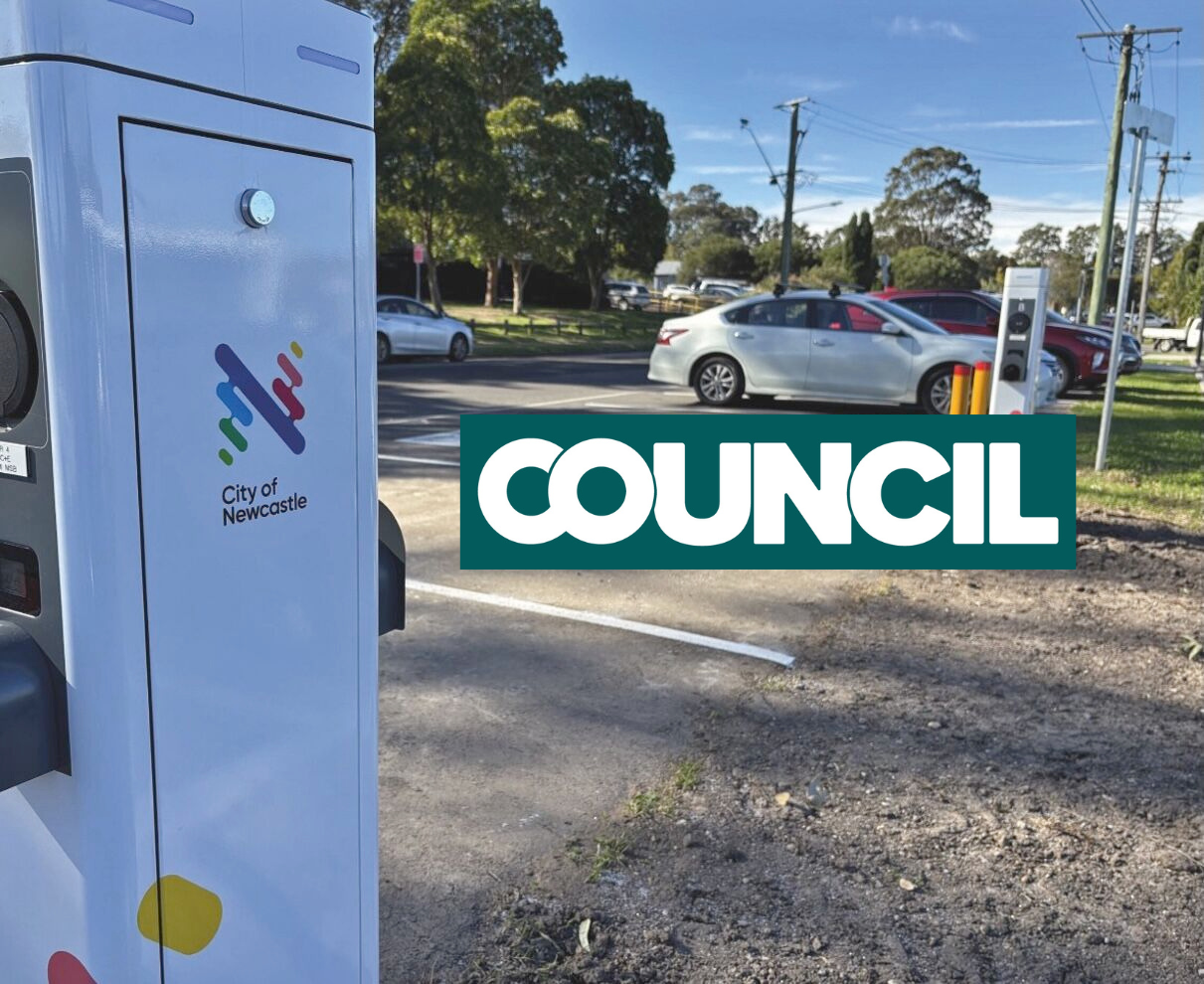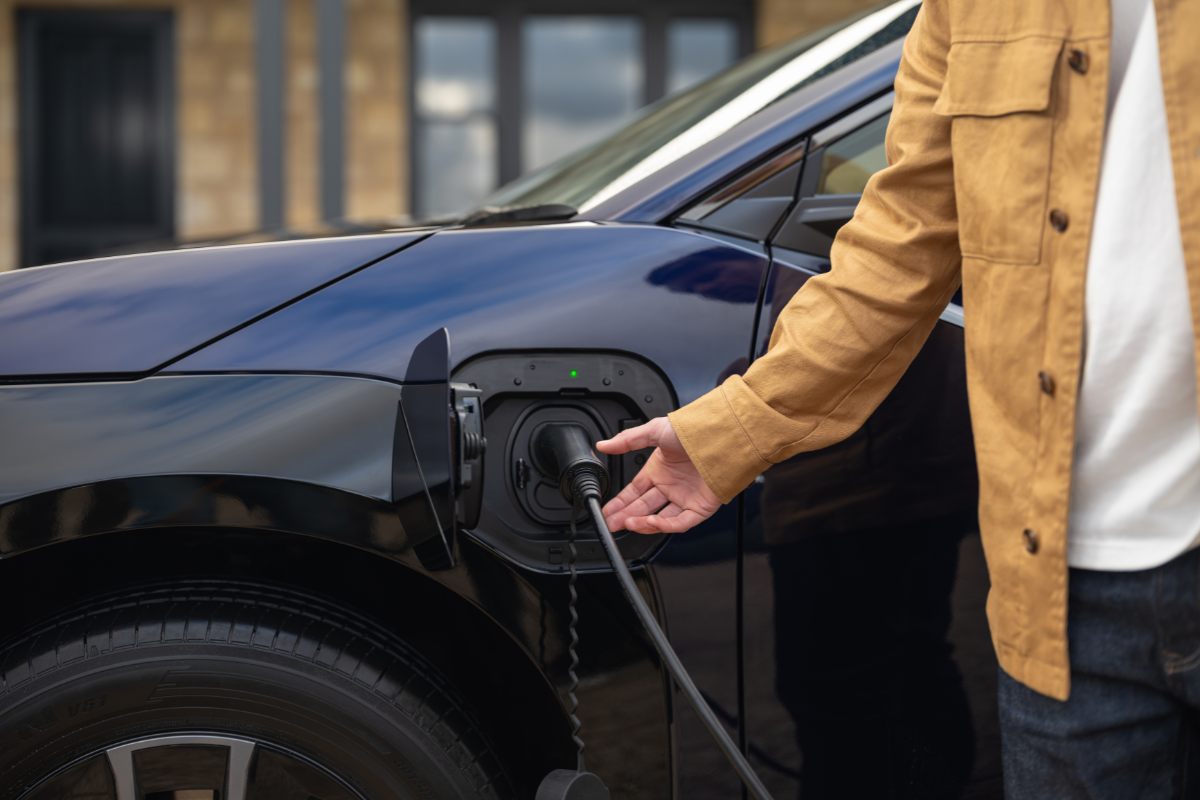EV mythbusting: Affordability
.webp)
In the next in our series plugging you into the facts about electric vehicles and charging, we ask: how do EV costs stack up overall?

Purchase price
It’s true that many models of electric vehicles are more expensive than combustion cars, but the price gap is closing as EVs become cheaper to produce, competition increases, and more mid-range models become available. In March 2024, global market research firm Gartner reported that “next-generation battery electric vehicles (BEVs) will be cheaper to produce than a comparable internal combustion engine (ICE) vehicle by 2027”.
According to the RACV, three manufacturers are leading the way on affordable EVs in Australia, and they are BYD, GWM, and MG … the cheapest of their EVs can now be purchased for less than $36,000 driveaway.
For comparison, Australia's top-selling combustion-engine-powered small car, the Toyota Corolla, has a driveaway price of approximately $32,000, according to Carsales.
Maintenance
.png)
That’s a lot less friction and fewer components requiring servicing or replacement, such as spark plugs, oil and particulate filters, belts, chains and more. The result is that it costs 30-50 per cent less to maintain an EV than a combustion car.
Australia’s Electric Vehicle Council (EVC) says that for some EV models, owners are estimated to save between $300-$400 every year in maintenance costs compared to an equivalent combustion engine vehicle.

Tyres
Electric Vehicles are generally heavier than their combustion engine cousins. They also have a great amount of torque (i.e they accelerate fast!). These factors mean that your tyres come under a great amount of strain in an EV. According to Michelin, tyres wear out up to 20% faster on EVs than on internal combustion vehicles.
New tyre types designed specifically for EVs are helping to improve durability, whilst boosting efficiency and reducing noise. They might cost a bit extra – say $50 per tyre – but they’re designed to resist the extra wear and tear, so there’s value built in.
As always, it can come down to how you drive. Those who can’t get enough of the exhilarating acceleration in an EV might find their EV tyres wear out faster!
Charging
The EVC says that on average, an EV travelling 12,000km each year costs about $500 per year to charge, or $0.04/km. For those playing at home, accessing home solar or off-peak tariffs could reduce energy costs to run your EV to as little as $200 per year.
Compare that with an annual outlay of $2500 ($0.20/km) in petrol for a combustion car covering the same 12,000km.
When it comes to public charging, the EVC conservatively estimates that fast charging costs about 20 per cent less than the equivalent mileage in petrol, with greater savings for slower charging (and let’s not forget free charging). Even when using only the more expensive DC fast chargers, the price is still 40 per cent cheaper than petrol.
We unpacked the cost of charging an EV vs fueling an efficient hybrid in an earlier myth-busting article. You can check it out here.
Insurance
EVs are generally more expensive to insure than combustion vehicles, as confirmed by Drive’s 2023 Ownership Costs survey. The Insurance Council of Australia says the difference is due to a combination of higher vehicle purchase prices, more expensive parts and a fledgling supply chain, fewer service centres and trained repairers, and the complexity of working with batteries.
A spokesperson for IAG, which includes NRMA and RACV, told Drive.com.au "As EVs are generally newer and more expensive than ICE vehicles, insurance pricing tends to be more expensive than for the average ICE vehicle. But we expect that as more EVs enter the Australian market and we collect more data, pricing for the segment will be continually reviewed to reflect claims experience as it emerges."
Incentives
Many states and territories in Australia offer rebates and other incentives for purchasing an EV. In Western Australia, for example, drivers receive a $3500 rebate for EVs up to $70,000; in the ACT, registration discounts, stamp duty discounts and zero interest loans are available; and nationally, the Electric Car Discount exempts novated leases and company cars from Fringe Benefits Tax. The exemption, which applies to new battery-electric and plug-in hybrid electric vehicles up to a total cost of $89,332, could save drivers $3000-$5000 per year.
Here at Chargefox, we offer our own incentives for buying an electric vehicle. Our partnerships with leading EV manufacturers and finance providers means customers of these companies receive free charging, with subscriptions of 1, 3, 5 or more years. The equivalent in a petrol car would cost you thousands of dollars.
Comparison tools
Want to weigh this all up and compare the upfront and running costs of particular vehicles? There are a number of comparison tools available online, including from our partner the NRMA, The Green Vehicle Guide, and the NSW and ACT governments.
Stay up to date with all the latest from Chargefox
Subscribe to get all the news including new charging location openings, app updates and lots more.
Related articles

How councils can lead in EV infrastructure
.jpg)
Calderwood Village powers up

Driving further together: Chargefox offer for purchasers of Toyota bZ4X
.png)
NRMA - New chargers. Better reliability. Lower prices
.png)
EVX kerbside chargers now on Chargefox
.png)

